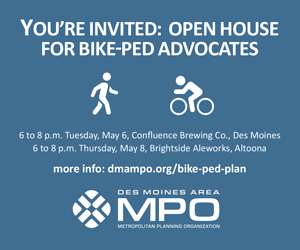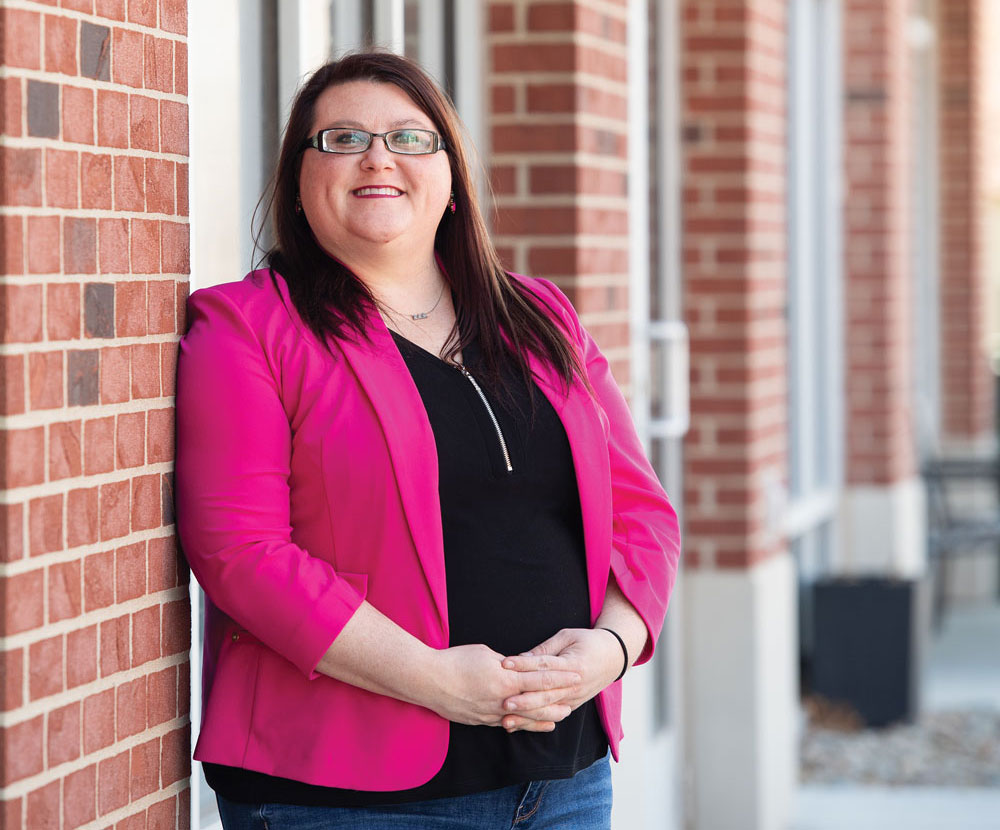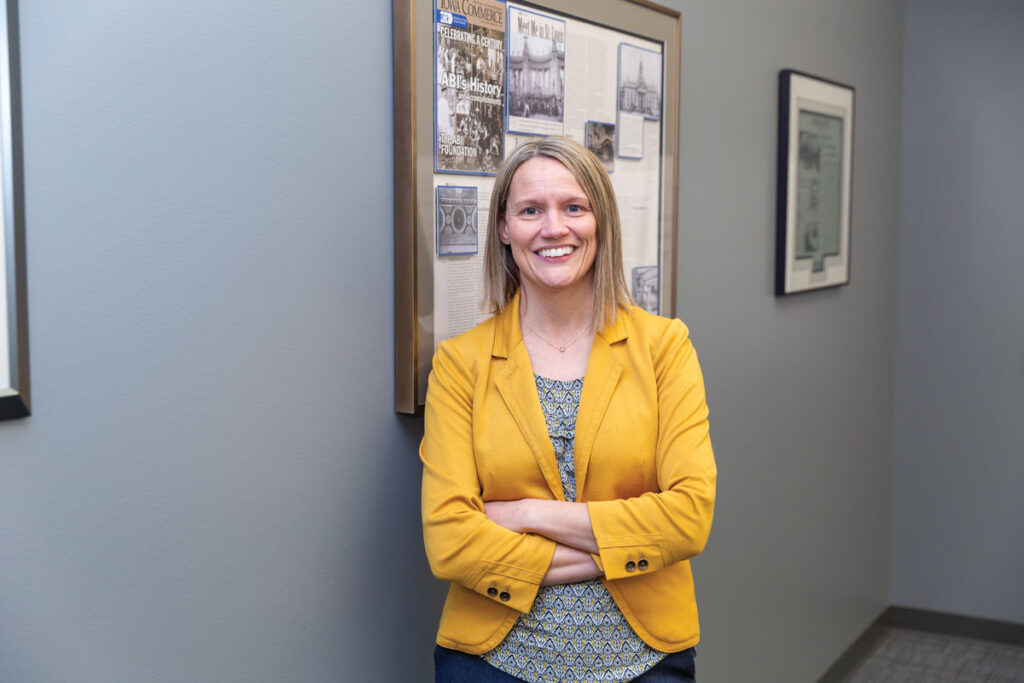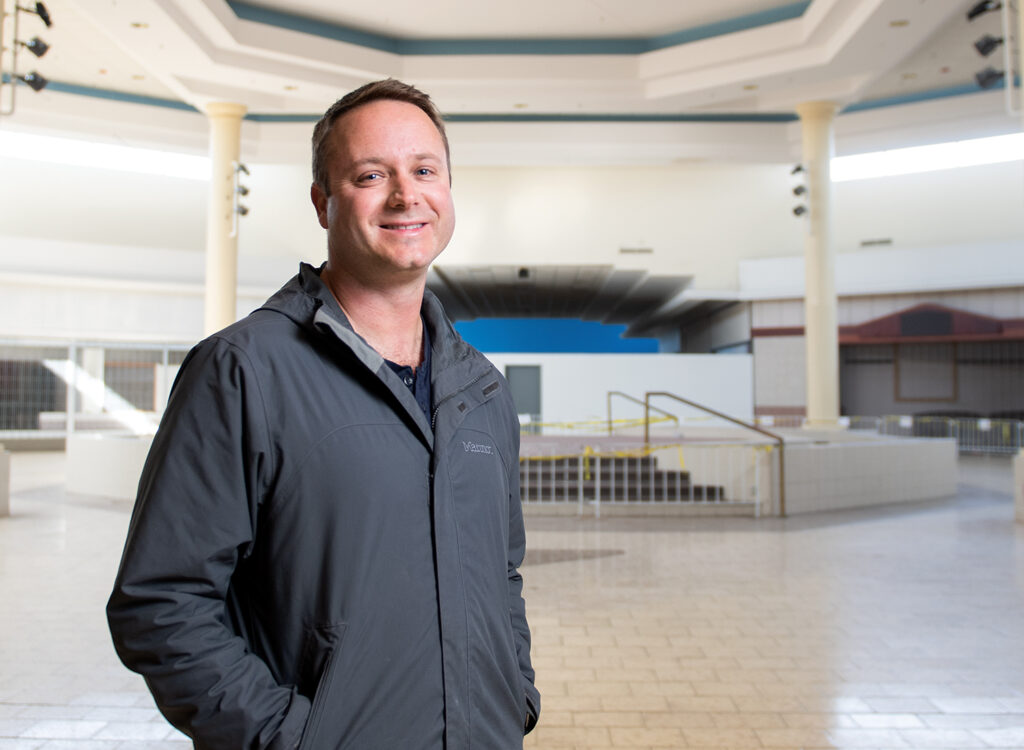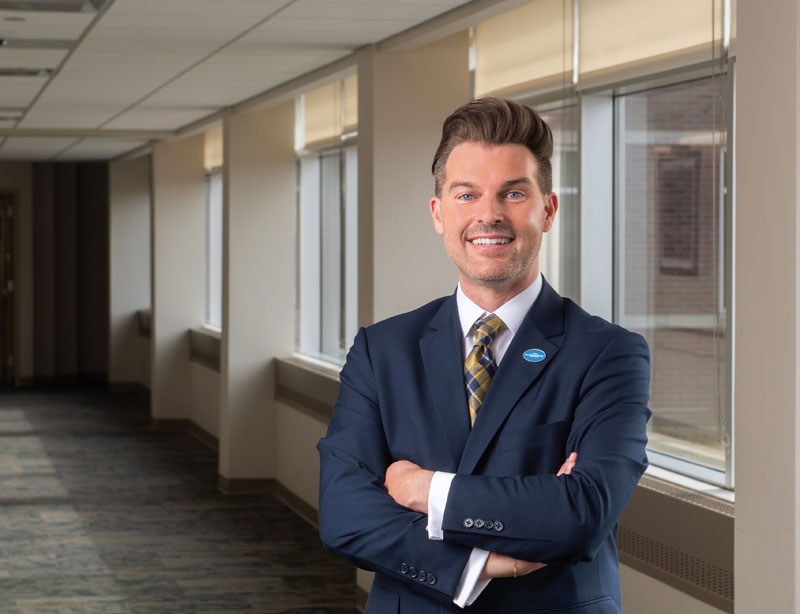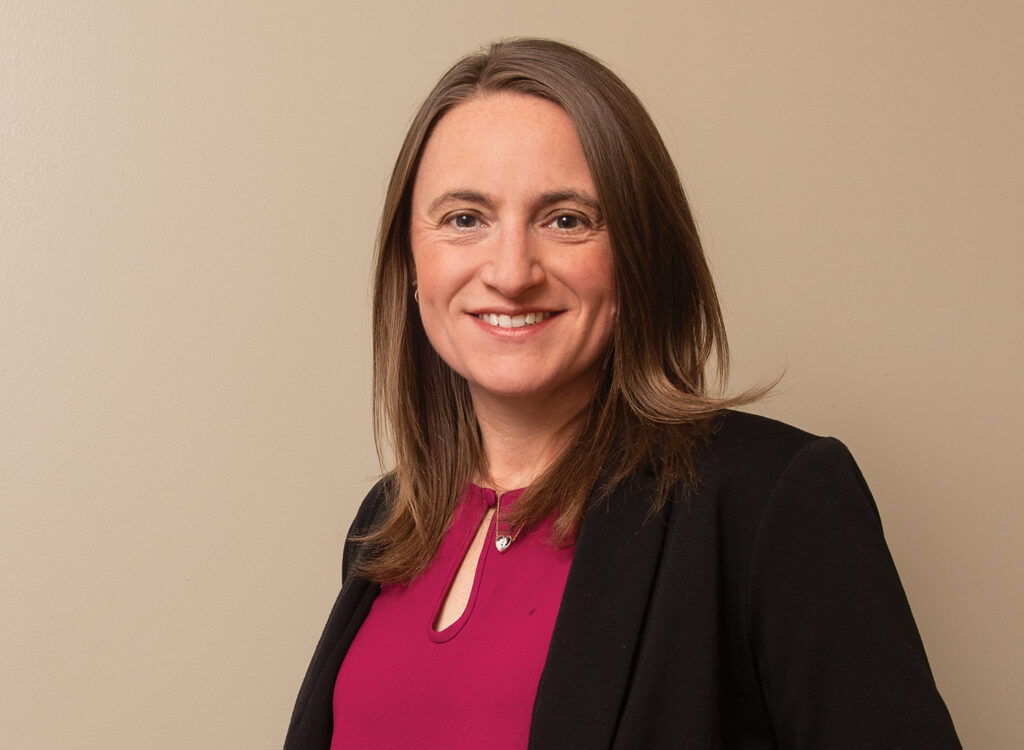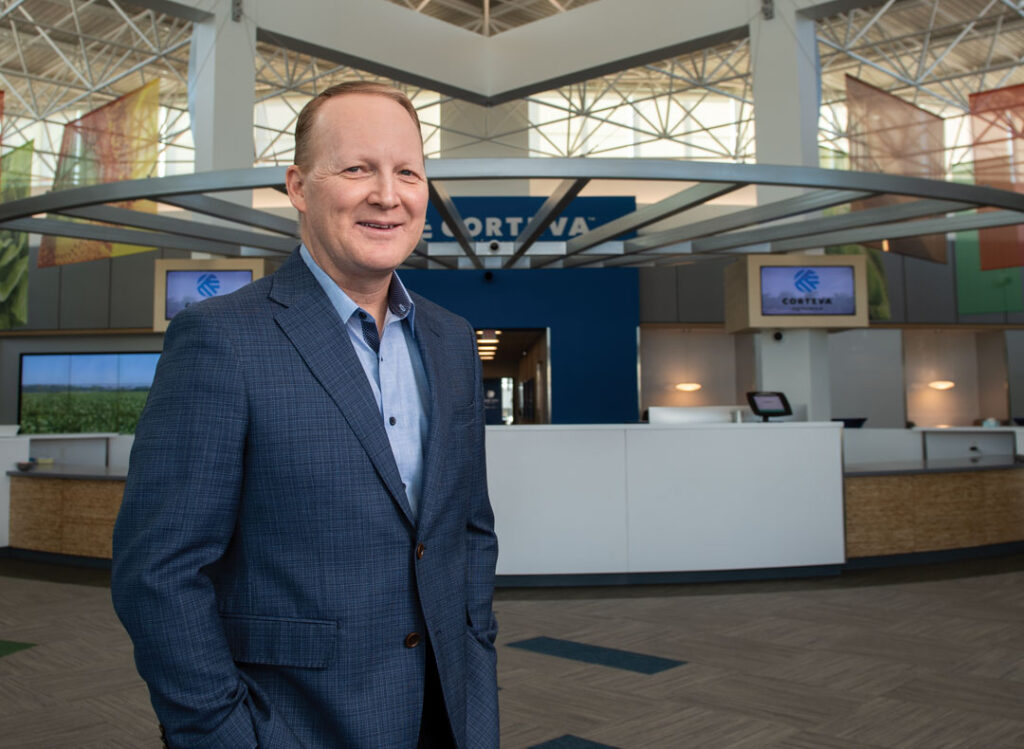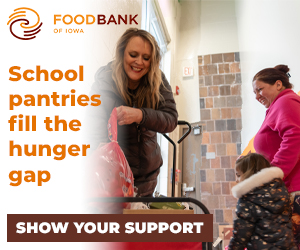A Closer Look: Jonathan Wallace

Jonathan Wallace grew up playing basketball. After playing in high school, his journey took him overseas and back, and along the way he crossed paths with some of the game’s greats.
Today, Wallace serves a dual role as general manager of the Iowa Wolves, the G League affiliate of the NBA’s Minnesota Timberwolves, and as director of pro personnel for the Timberwolves.
Wallace played for John Thompson III at Georgetown, where NBA legend Bill Russell was brought in to help with practice. During his time at Georgetown, the Hoyas went to the Sweet 16 his sophomore year. In his junior year they made the Final Four, where they lost to Ohio State, and in his senior year then No. 2-ranked Georgetown was upset by Davidson College, which featured a guy named Steph Curry, to miss another trip to the Sweet 16.
After earning his degree, Wallace played overseas for eight years, where he won two championships in Germany. He also helped Rio Grande Valley, the D-League affiliate of the NBA’s Denver Nuggets, win a championship. Wallace also played one year in Angola, Africa.
After playing in Europe, Thompson invited Wallace to join Georgetown’s coaching staff as special assistant to the head coach. He stayed on the staff after Georgetown brought on NBA legend Patrick Ewing as head coach. Coincidentally, Ewing’s son was Wallace’s teammate and roommate his sophomore year in college. Wallace would later go on to serve as a basketball operations associate for the Denver Nuggets before joining Minnesota.
The Business Record recently sat down with Wallace to learn more about his philosophy, his goals for the Iowa Wolves, and the role the team will play in the community. Here is some of that conversation. Some of the responses have been lightly edited for brevity and clarity.
What should fans expect to see this season from the Wolves?
Fans should expect to see an inclusive environment, No. 1. From a basketball standpoint, we’re going to have some very talented guys. We’re going to have guys that want to play the right way. I think that is one of the things that can kind of get lost in the G League because everybody wants to get back to the NBA, and the main component of the G League is development. I think we have a great group of guys, from the coaching staff all the way down to the rookies. We have guys who have been around, done it the right way, and been around good people to the point where everybody has been pretty selfless. Obviously you have to go out and win ballgames, you have to put the ball in the basket and go guard somebody. I think we have guys that can do that. Some guys are four-year guys, some are rookies but are eager and bring that energy and want to listen to those [veterans] and follow their lead, and I think we’re in good hands.
What does inclusion mean to the Iowa Wolves?
The game transcends so many levels. We have guys who see the full scope of the game, who are outgoing, have great personalities, guys who are interested in music, guys who are interested in business, and I think that will help us connect with people in the community. My dream would be when we get to the off-season that these guys have a new network of individuals who they are connected to, and that will snowball into other opportunities to get involved in the community. You don’t want it to be forced. You want it to be organic and natural, but just getting different people from different walks of life in the same space and then you can just let the magic happen.
How do you build on the community support that currently exists and put fans in the seats?
Winning games is important, but I think just getting guys out in the community, letting fans see these guys are human, and that we are trying to put our best foot forward. The G League has done a good job of putting together different initiatives to appeal to different sectors of the community. Inclusion is a big key, and it’s doing things to let fans get to know not only the player, the GM, the coach, to get to know the person. I think there’s individuals who watch this from afar who can identify with these individuals, who can see this and who may be struggling or relate to a player’s background, and think, “I can make it.”
What challenges does the G League face today?
The biggest thing is the game has sped up a lot and guys put a lot of stress and wear and tear on their bodies. We don’t travel like the NBA teams and we don’t have the same amenities as the NBA, but we’re not meant to. We’re developing. You have to have something to aspire toward. Just not having the amount of roster spots, it’s going to put a lot of pressure on our training staff and making sure our players are paying attention to details. Making sure you’re taking care of your body, go to sleep, eat the right foods, because you want to get on the floor. I think individually for us, the biggest challenge is going to be how well do we play when guys start getting called up. We have so many good players, that is always going to be an issue, and you have to turn around as a G League team and see who is next, who can we get from the player pool who can help us so we don’t lose a step and help sustain that success as we aspire to that championship goal.
Offense or defense?
Defense is the most important, for sure, but I was an offensive player so I like the offense, too.
You have crossed paths with some legends of the game. What does that mean to you, and how do you apply those experiences to your current role?
First of all, it’s been a blessing to even experience the game and share the same space with those individuals. I’ve always been more of a quieter person, and I’ve been able to sit back and observe and listen. A lot of tidbits that I’ve gathered from meeting [former Boston Celtics coach and president] Red Auerbach before he passed, from John Thompson Jr. before he passed, and him bringing Bill Russsell to practice, and seeing these guys and how they interact. Those intimate moments when the camera isn’t on and the real things they experienced, from basketball, politics, race and everything that comes with that, and now I have that responsibility to share that and nudge these guys and say, you’re having the same experience and you never know who you’re encountering. As we travel, as we’re going to practice, it’s OK to slow down for a second and have those conversations because you never know what will come of it. ν

